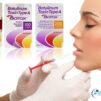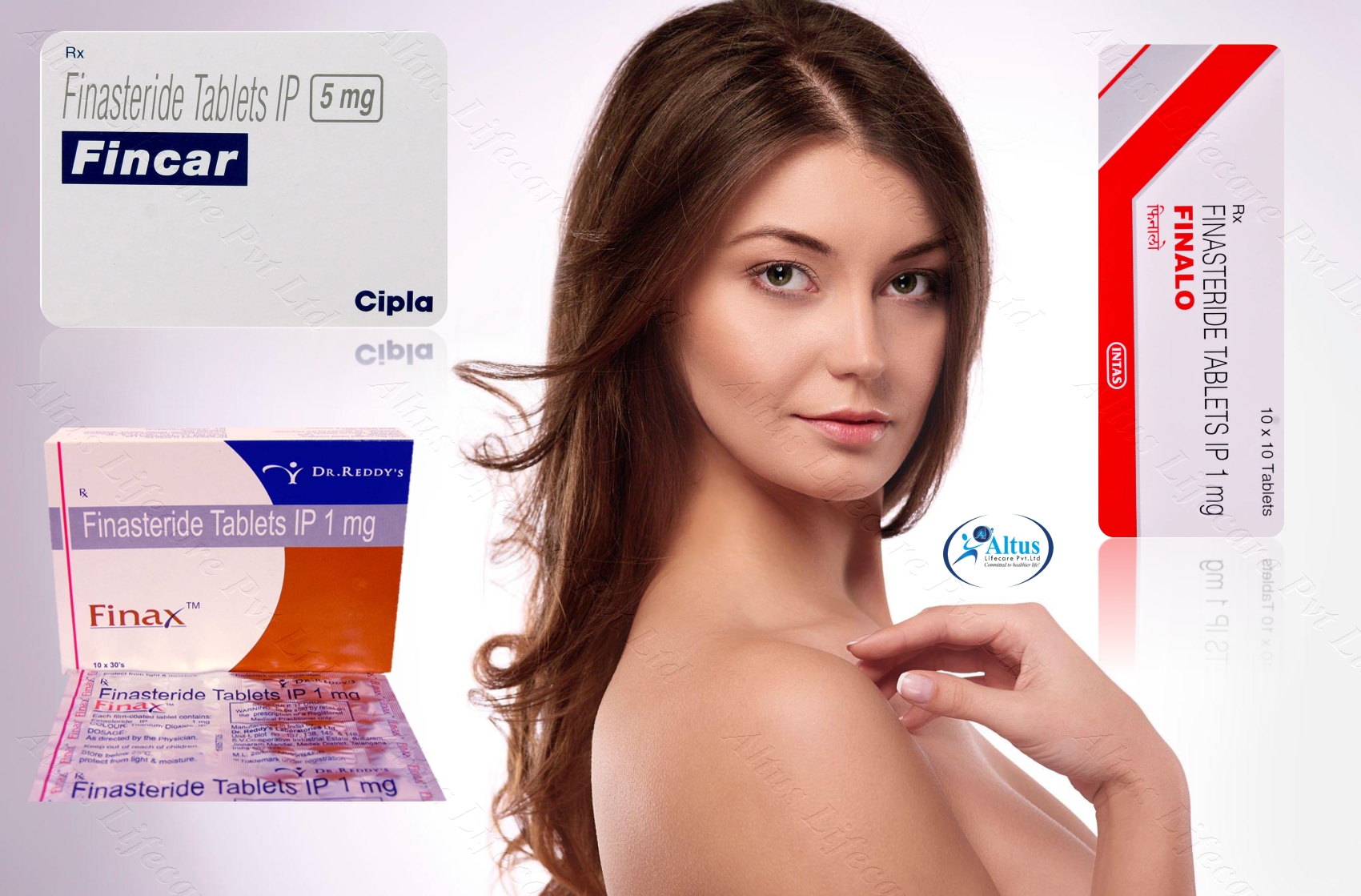
Introduction
Hair Growth Hacks That Actually Work – Try #5 Today!
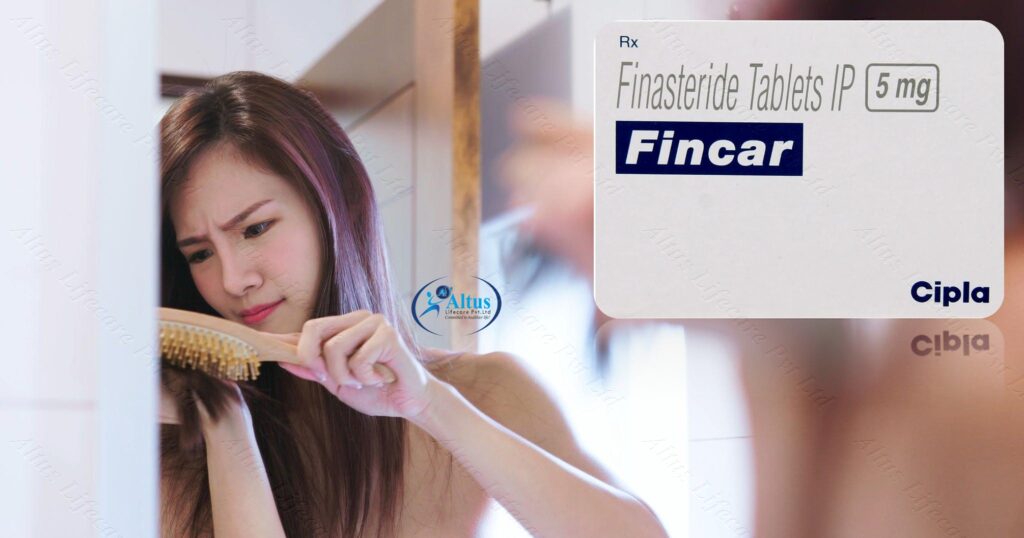
Hair Loss is a common issue that affects millions of people worldwide, and it can have a significant impact on one’s self-esteem and overall identity. In this article, we will explore the emotional and psychological aspects of hair loss and how individuals can reclaim their identity through recovery. We will delve into the causes of hair loss, the emotional toll it can take, effective recovery methods, and provide answers to some frequently asked questions.
Understanding the Causes of Hair Loss
Genetic Factors
One of the primary factors contributing to hair loss frequently involves genetic predisposition. If hair loss runs in your family, you may be genetically predisposed to experience it as well.
Hormonal Changes
Hormonal changes, such as those that occur during pregnancy or menopause, can lead to temporary or permanent hair loss.
Medical Conditions
Certain medical conditions like alopecia and thyroid disorders can contribute to hair loss.
Stress and Anxiety
High levels of stress and anxiety can trigger a condition called telogen effluvium, leading to hair loss.
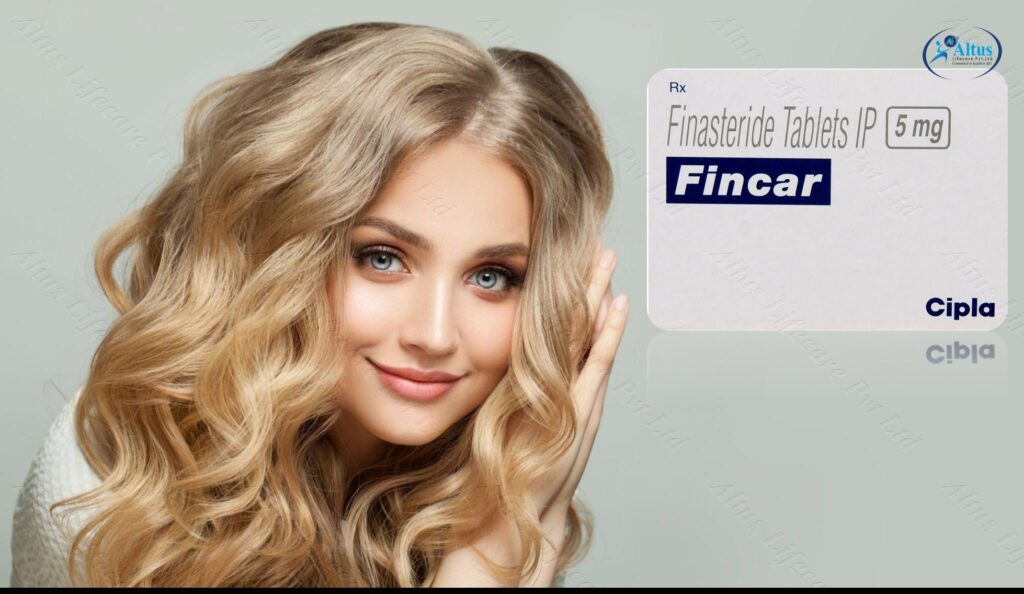
The Emotional Toll of Hair Loss
Impact on Self-Esteem
Hair Loss often leads to a decrease in self-esteem and self-confidence, affecting how individuals perceive themselves.
Social Withdrawal
Many people with hair loss tendencies tend to withdraw from social situations, fearing judgment or ridicule.
Psychological Distress
Hair loss can cause significant psychological distress, leading to anxiety and depression.

Reclaiming Your Identity Through Recovery
Lifestyle Changes
Implementing a healthy lifestyle, including a balanced diet and regular exercise, can promote hair regrowth.
Medical Treatments
Consulting a healthcare professional for treatments like minoxidil or hair transplants can be effective in combating hair-loss.
Emotional Support
Seeking emotional support from friends, family, or support groups can help individuals cope with the emotional impact of hair-loss.
Self-Acceptance
Learning to embrace one’s appearance, with or without hair, is a crucial step towards recovery.
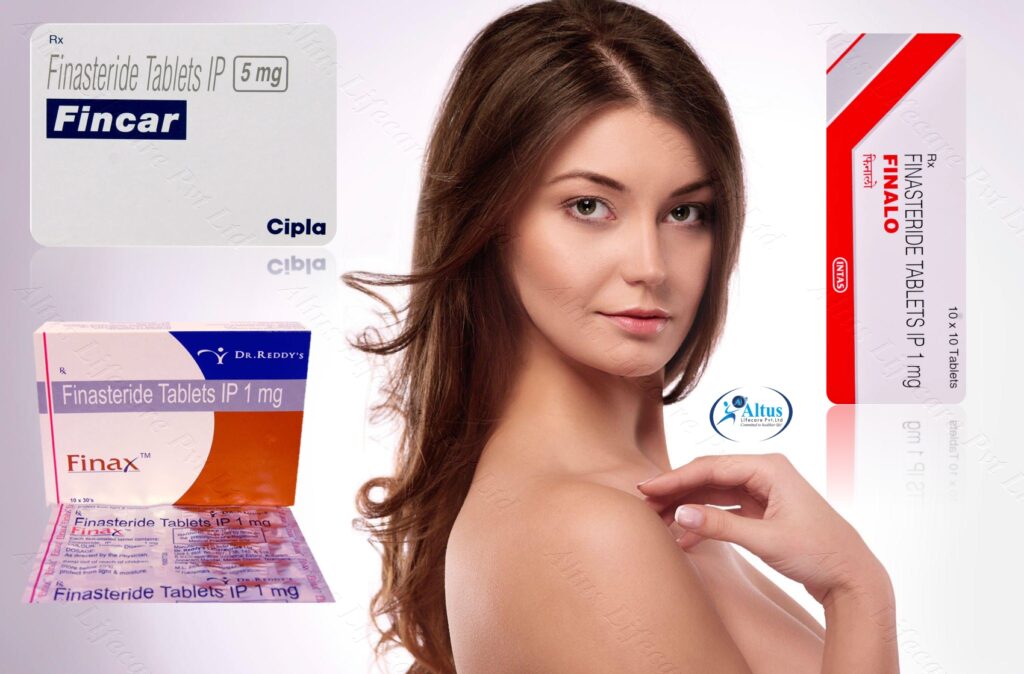
Hair Loss Treatment
- Minoxidil (Rogaine): Minoxidil is a topical over-the-counter medication that is applied directly to the scalp. It’s a vasodilator, which means it widens blood vessels and increases blood flow to the hair follicles. This increased blood flow can promote hair growth and is effective in treating both male and female pattern baldness. Minoxidil is FDA-approved and available in various forms, such as foams and liquids.
- Finasteride (Propecia): Finasteride is an oral prescription medication primarily used to treat male pattern baldness. It works by inhibiting the action of dihydrotestosterone (DHT), a hormone linked to hair-loss. By reducing DHT levels, finasteride can slow down hair-loss and even promote hair regrowth in some individuals. It’s important to note that this medication is typically not prescribed for women.
- Low-Level Laser Therapy (LLLT): LLLT devices use low-level lasers or light-emitting diodes (LEDs) to irradiate the scalp. The light energy is believed to stimulate hair follicles and increase cellular activity in the scalp. While the exact mechanisms are not fully understood, some people have reported improved hair density and growth with regular use of LLLT devices, which can come in the form of combs, caps, or helmets.
- Hair Transplant Surgery: Hair transplant surgery involves the removal of hair follicles from areas of the scalp with abundant hair (donor site) and transplanting them to areas with thinning or no hair (recipient site). Two common methods are Follicular Unit Transplantation (FUT), which removes a strip of scalp, and Follicular Unit Extraction (FUE), which extracts individual follicles. This surgical procedure provides a long-term solution for significant hair-loss.
- Platelet-Rich Plasma (PRP) Therapy: PRP therapy is a non-surgical treatment where a patient’s own blood is processed to concentrate the platelets. Platelets, abundant in growth-promoting elements, are subsequently introduced into the scalp. This PRP treatment has the capacity to invigorate hair follicles, facilitate hair growth, and enhance hair thickness. It’s a minimally invasive option for those looking to enhance their hair.
- Hair Growth Shampoos and Supplements: Certain shampoos and dietary supplements contain ingredients like biotin, ketoconazole, saw palmetto, or vitamins that are believed to support hair health. While these products may help improve the overall condition of the hair and scalp, their effectiveness in treating significant hair-loss may vary among individuals.
- Lifestyle Changes: Maintaining a balanced diet rich in essential nutrients, managing stress effectively, and adopting good hair care practices can all contribute to healthier hair. A well-balanced diet ensures your body receives the necessary vitamins and minerals for optimal hair growth, while stress management can reduce hair-loss caused by stress-related factors.
Before starting any hair-loss treatment, it’s essential to consult with a healthcare professional or dermatologist to determine the most suitable approach for your specific hair-loss type and severity. The effectiveness of these treatments can vary from person to person, and a personalized treatment plan can yield the best results.
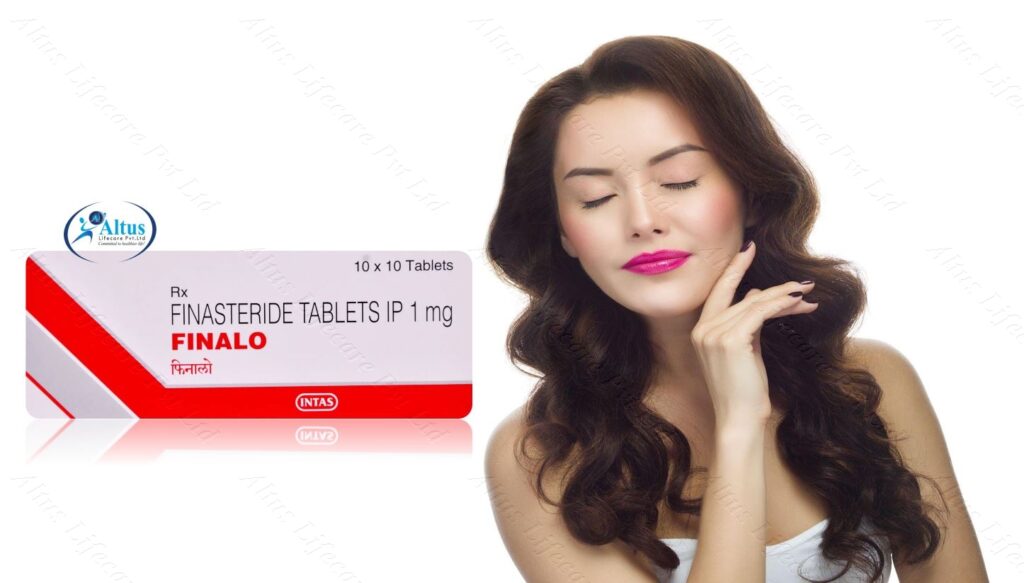
Conclusion
In conclusion, hair loss can have a profound impact on self-esteem and identity. However, by understanding the causes, acknowledging the emotional toll, and exploring recovery options, individuals can regain their sense of self and confidence. Embracing one’s unique identity, regardless of hair-loss, is key to a fulfilling life.
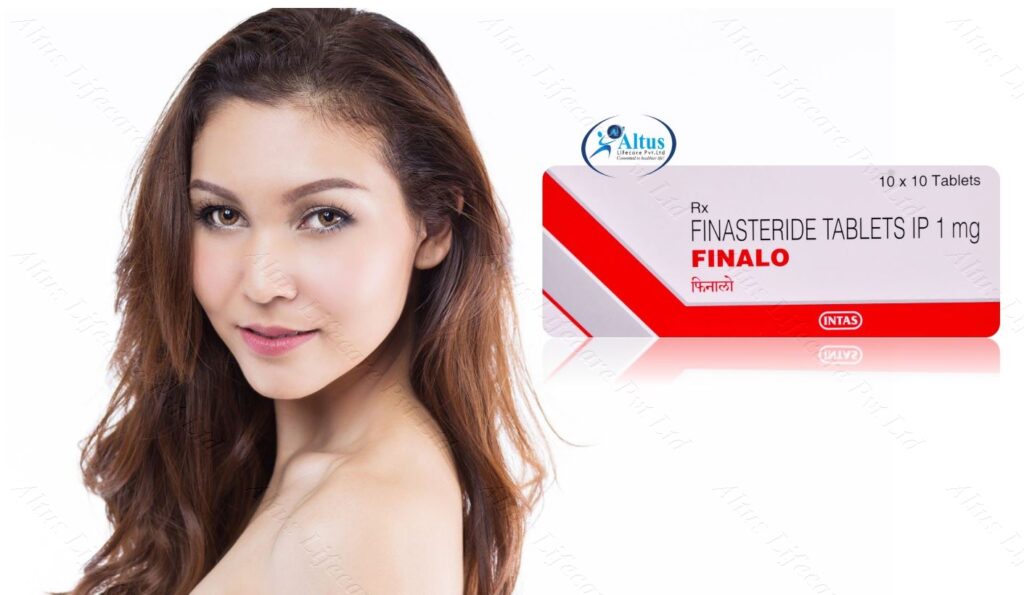
FAQs
1. Is hair-loss reversible? Hair-loss may be reversible depending on its cause. Seek guidance from a medical expert to receive tailored recommendations..
2. Are there natural remedies for hair-loss? Some natural remedies like scalp massages and herbal supplements may help, but results vary from person to person.
3. Can stress alone cause permanent hair loss? Stress can trigger temporary hair-loss, but permanent hair-loss typically has underlying causes.
4. How can I boost my self-esteem during hair-loss recovery? Surround yourself with supportive people, practice self-care, and focus on your positive qualities beyond appearance.
5. Are there any side effects to hair-loss treatments? Some treatments may have side effects. Consult your doctor for a thorough evaluation and discussion of potential risks.
Access Now: Hair Loss – Worldclass Tretinoin


